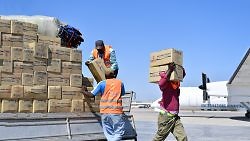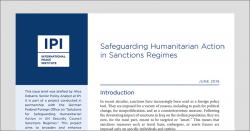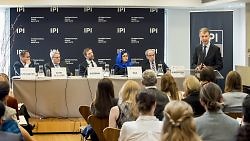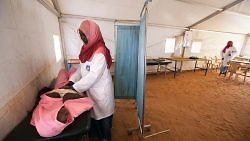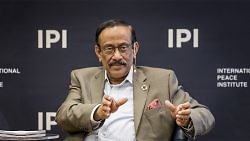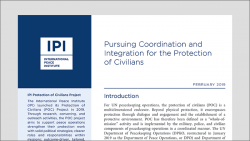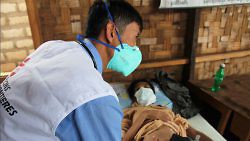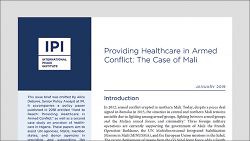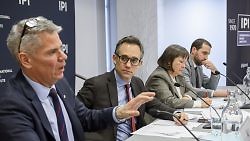
Sanctions can end up hindering humanitarian assistance and the provision of life-saving medical care in armed conflict, and forestalling that outcome was the subject of a January 28th policy forum at IPI, co-hosted with the Permanent Mission of Germany to the United Nations.The discussion centered on a new IPI report, Making Sanctions Smarter: Safeguarding Humanitarian […]
Read more